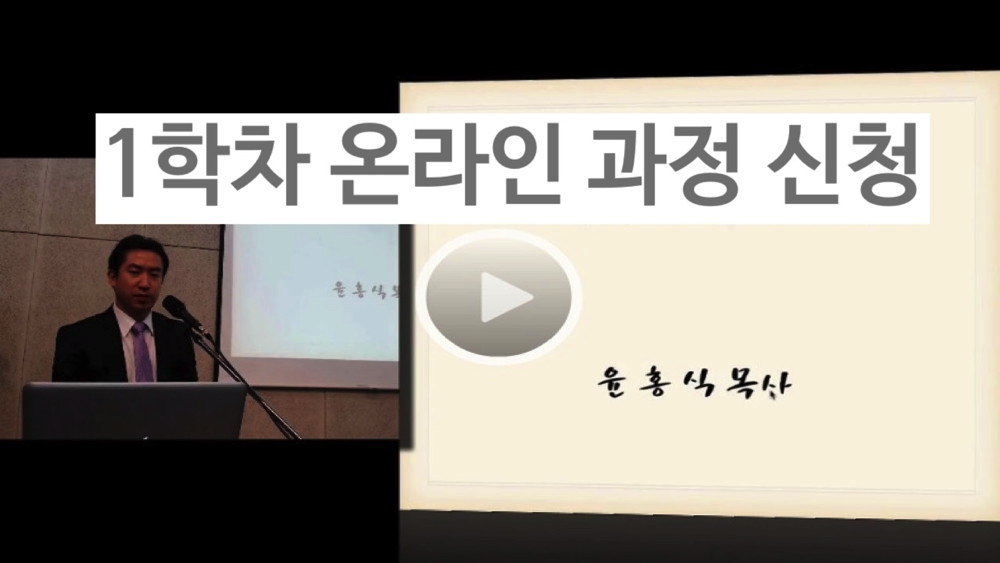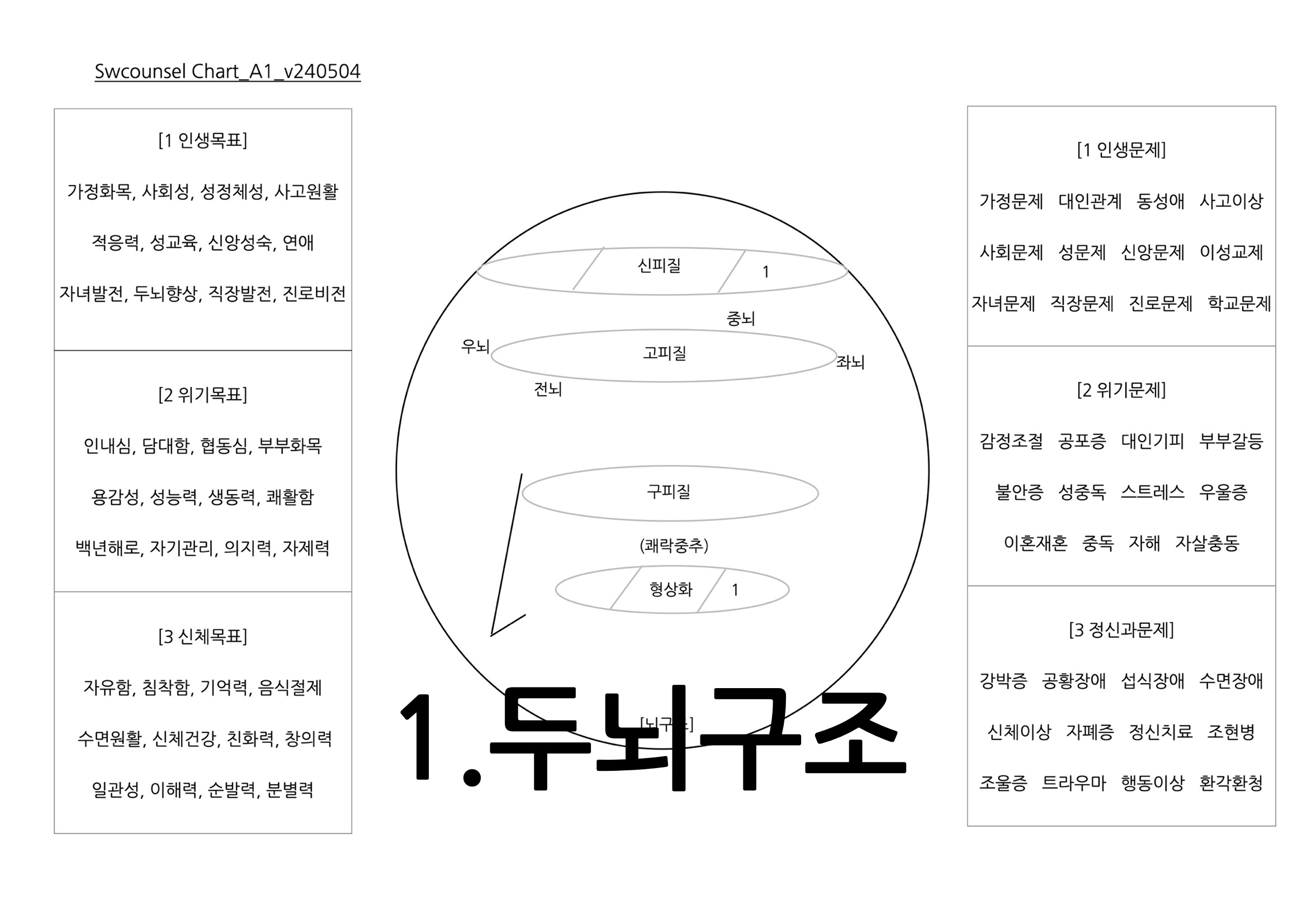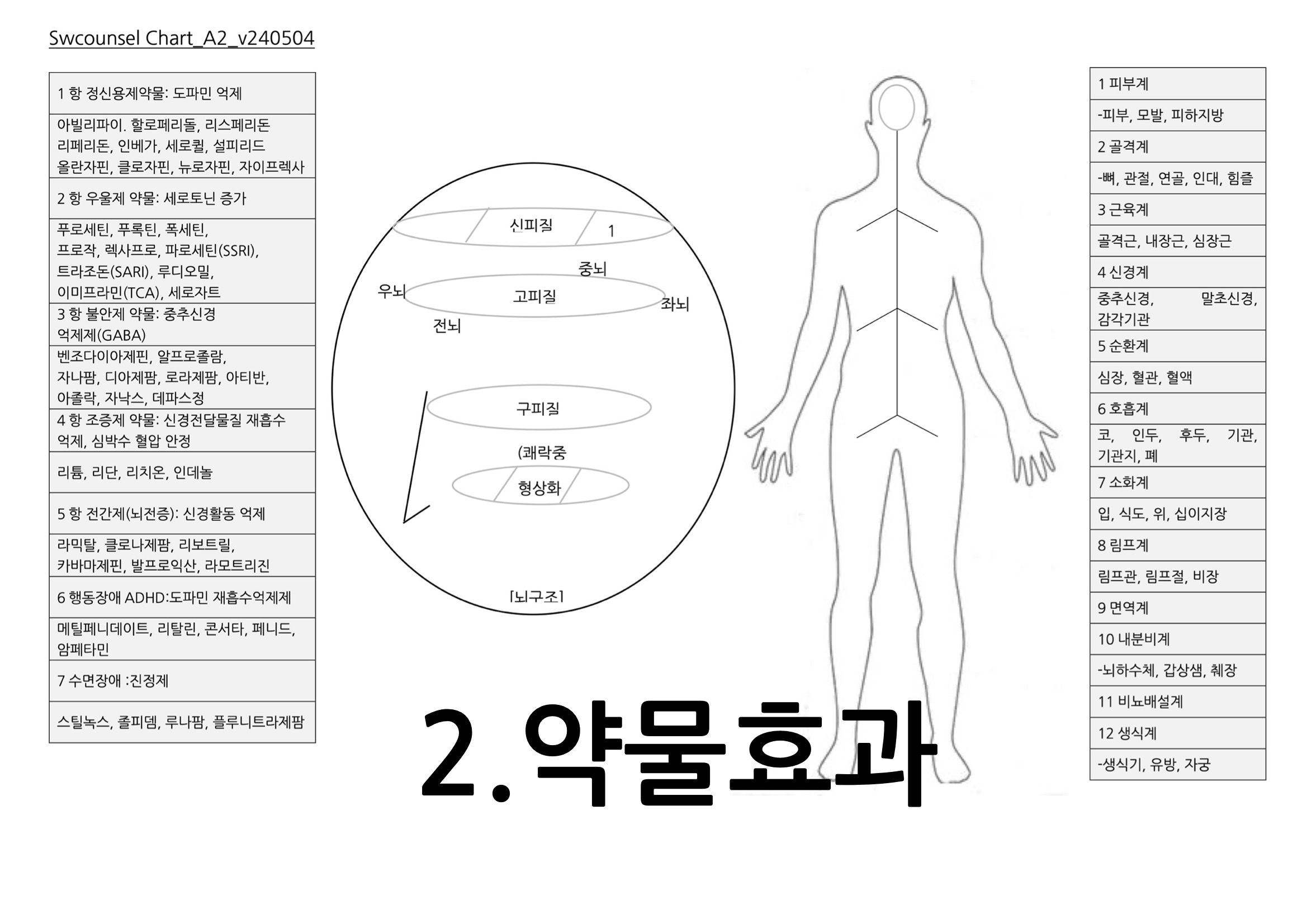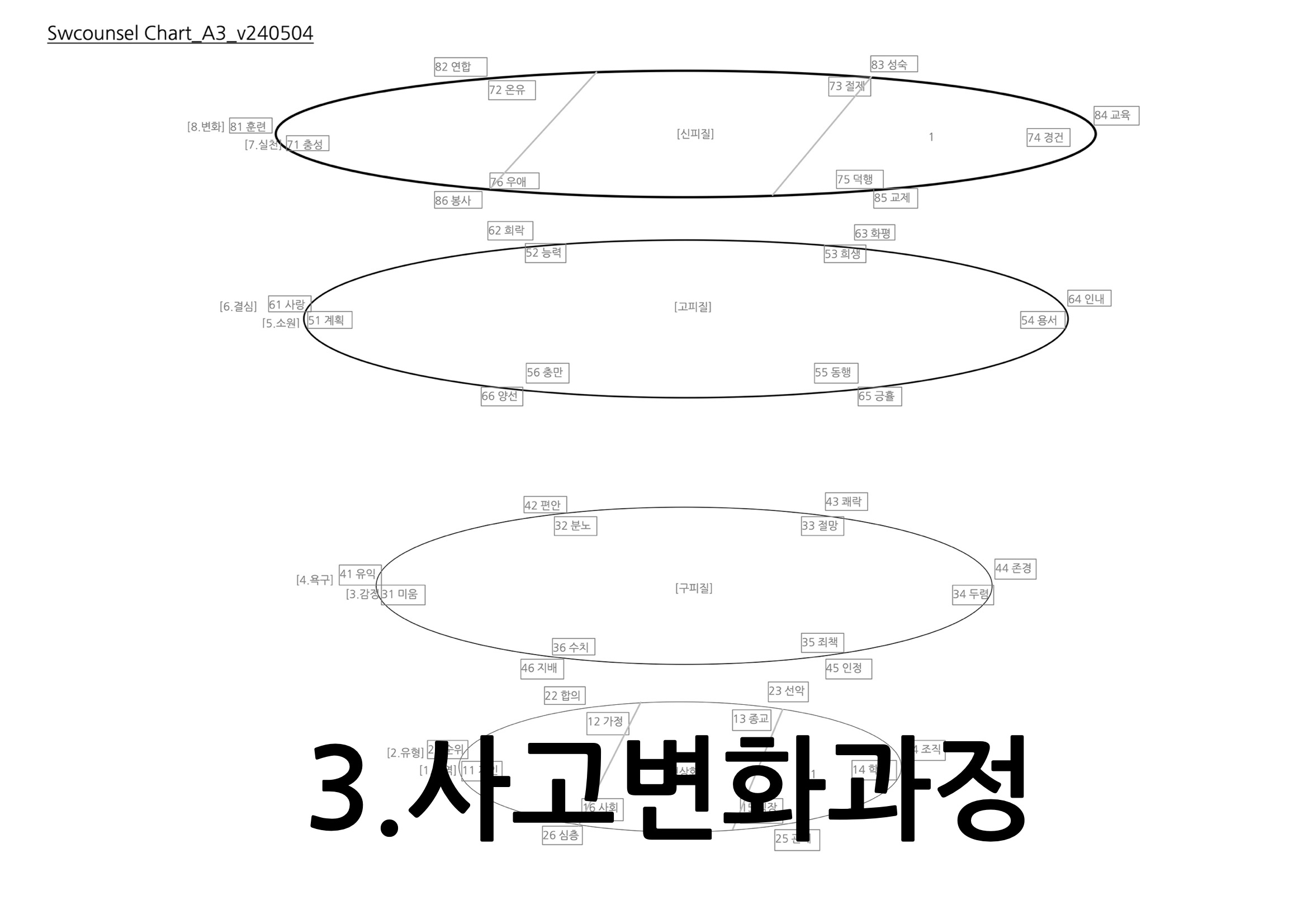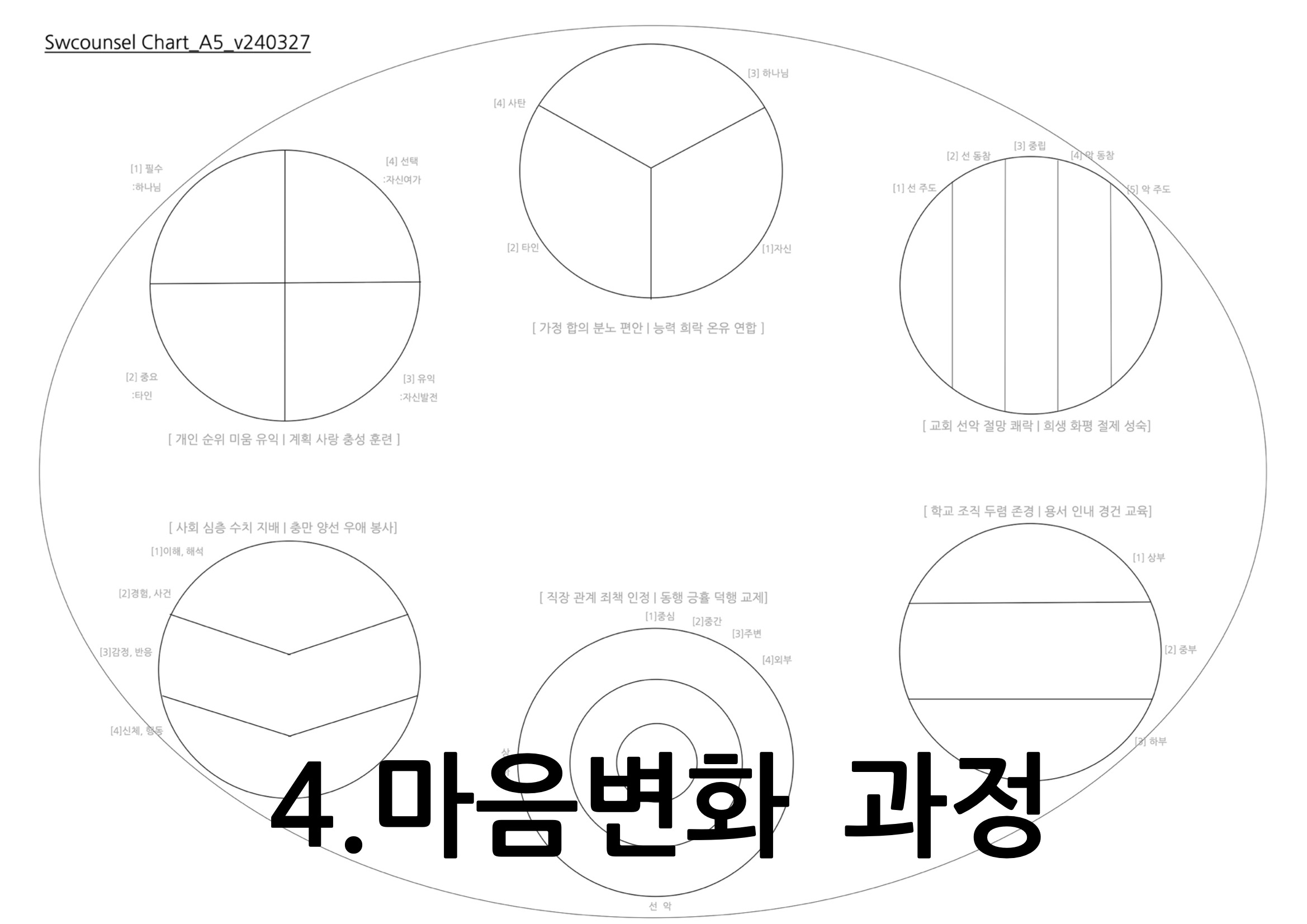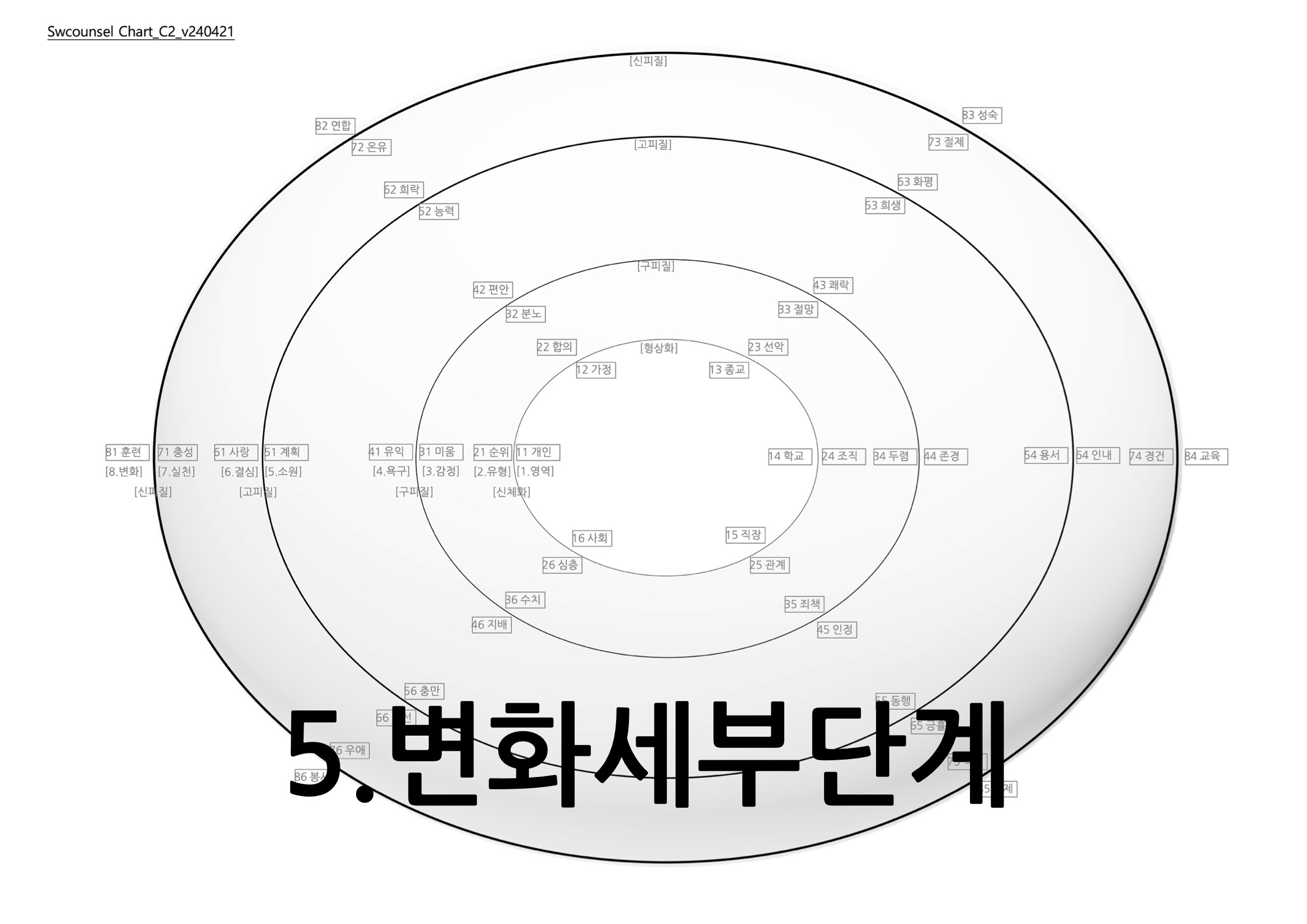[_혁신주의] Is Your Assurance under Assault? by J. ALASDAIR GROVES
2 JBC36:1(2022):2–6
Editorial
Is Your Assurance under Assault? by J. ALASDAIR GROVES It has been a rough stretch for churches and leaders in Christian min- istries, hasn’t it? As we pass the two-year mark since the start of the COVID-19 pandemic and everything that has come with it, I am struck by the waves of burnout, depression, conflict, anxiety, and a hundred other struggles this all has set off among us. As a ministry leader I, like you, have felt exhausted from living with endless, urgent uncertainties, the amplification of criticism, and living in transition. As a counselor, I have had the painful privilege of counseling a num- ber of people in ministry, particularly pastors, these past two years. Every last one of you is tired. Tired in body and soul. Every last one of you needs a regular infusion of refreshing reminders of the gospel, chances to let down your guard and be open with friends, better sleep, reinvigora- tion for your church or organizational mission, and time to play in and enjoy God’s world. But there is one particular struggle that is especially on my heart in this season. It is a struggle common to all sorts of Christians, but it comes with a particular added difficulty for those in ministry because it is extremely difficult to speak about with others. For this reason, it is important for all of us to understand together that this struggle is real, it is common, and it is a big contributor to the endemic burnout, exhaus- tion, and anxiety I mentioned above. Alasdair Groves (MDiv) is the executive director of CCEF and serves on the faculty. He coauthored the book Untangling Emotions. What is the weight on my heart? It is for those of you in ministry who are finding it hard to remain confident that you really are saved by Jesus. You see your sins and failures, and they seem too frequent, too deeply rooted, too impervious to your efforts to change, and it has become difficult to hold on to the hope of the gospel. You battle your doubts, you preach the gospel to yourself, you make some progress in growth and maturity, but then you stumble again and it all feels hope- less. I will come back to the seductive “logic” that undergirds this doubt. For now, I’m simply observing that as the pressure on leaders in churches and ministries has increased, our struggles with our besetting sins have, unsurprisingly, intensified as well. Repeated failures of anger, lust, cow- ardice, alcohol, laziness, lovelessness, and the like have served to fray our confidence that our faith is real. This is a lonely and embarrassing place to wrestle as a pastor, a counselor, an elder, a campus minister, a small group facilitator, or a lay leader. It is frightening to find yourself wonder- ing: “Do I really know this Lord I proclaim and serve?” As this doubt assails you, know that you are not alone. Many of your brothers and sisters throughout the world—and I have spoken to a num- ber of them in the last few months—are experiencing this same kind of suffering because the devil is prowling after them too (1 Peter 5:8–9). But take heart. It is the God of all grace—not the God of sufficiently righteous ministry workers—who will restore, confirm, strengthen, and establish you in the wake of this suffering (1 Peter 5:10). And, just to be clear, doubting your salvation is a kind of suffering. A severe one. not just your soul, but your body feels the assault when the hope you live and minister by is called into question. To fear that you have helped others but will ultimately be disqualified yourself hurts, drains, exhausts, and torpedoes your energy and sense of mission. Most of you in ministry don’t need me to tell you the “answers.” You already know them. You have preached and counseled them. In fact, knowing them yet finding yourself unable to rest in them is part of what is so painful. You know God’s grace is bigger than your sin. You know that God forgives seventy times seven. You know that even the fact that you are fearful or discouraged about the idea of losing your salvation shows how much you value being connected to the Lord. You know our hope lies in his ability to hold on to us, not our ability to hold on to him. And so on. These truths are precious and lifesaving in the face of these doubts. However, as you also know, believing these things are true, and liv- ing in confident hope that they are true for you, are two different things. It is all too easy for those of you with ministry responsibilities to believe that you are the exception. nor is the logic hard to follow. The argument runs like this: If I, who of all people ought to know better and who will be held to a higher standard, keep sinning in these ways, how can I claim to be truly repentant? Don’t my failures prove that I am not really sorry for my sin? I believe Jesus can save and forgive anything, but are my deeds evidence that I’m deceived and I have not truly turned away from my sin? I feel for you. I feel with you. I have staggered and crawled through this quicksand myself more times than I can count. It blights the soul and erodes joy. The way forward, however, is not a more optimistic review of your shortcomings. It has nothing to do with the strength of your assessment of your sin or even the quality of the repentance you’ve shown. Instead, our hope is to repeat the simple cry with which we started our journey into ministry and into the kingdom in the first place: “Lord, have mercy!” This is our hope, that we can come and say: “Lord, have mercy again. Do not abandon me, or leave me to be choked by the sins that so easily entangle. Take not your Holy Spirit from me…and restore to me the joy of your salvation. Save me from myself. Jesus, please don’t let go of me.” Every pang of guilt, doubt, or incipient despair is an invitation to come back for simple, real mercy from him. He gives more grace. And what of those of you who walk alongside these weary people who work in the pulpit, the counseling room, or at the table in the back corner of the coffee shop? To you I give this encouragement: pray for your friends in ministry. Those in ministry are always bearing more burdens than you realize. Heavier burdens. More costly burdens. Some who seem strong in their faith are fighting to hold on to that faith much harder than it looks like from the outside. Pray they would know, today, with unassailable intensity, the love and utter forgiveness of Jesus. Let neither your concerns with their weaknesses nor your profound respect for their gifts prevent you from praying, with determined perseverance, that each morning would bring them word of the Lord’s unfailing love (Ps 143:8). And finally, weary servants of the Lord, you who are all too deeply aware of the fickle and repeating nature of your sin, this is my prayer for you: May the God of all grace preserve your life for his name’s sake and in his righteousness bring your soul out of trouble (Ps 143:11). A broken and contrite heart—even a heart that breaks precisely because it is less contrite than it should be—he will not despise!
In This Issue We do not plan our issues thematically, but it is striking to see that there are often discernible themes present. In this issue, there is a theme of context. Each of us lives and ministers within particular contexts that both shape us and our care for others. Our first article opens a discussion on an important cultural issue. In “Why Cultural Context Matters in Biblical Counseling,” a team of three authors (Alex, Liu, and Emlet) make a biblical case for why tak- ing a person’s cultural heritage, and more specifically their ethnicity, into account in counseling is needed. As biblical counseling grows worldwide, and our communities become more diverse, our counsel must be attuned to a person’s cultural context so we can apply rele- vant gospel care. Recognizing the breadth of this significant subject, the authors lay the foundation for further discussion by establishing a biblical framework, describing real-life illustrations, and offering a brief case study. The next article addresses the relational context of painful relation- ships. In her article, “God’s Purposes for Relational Distance: A Means to a Good End,” Laura Andrews argues that there are times when impos- ing distance in a difficult relationship is a godly choice. She is particu- larly concerned for those people who suffer guilt and intense pressure to immediately fix relationships when there is strife. In response, she lays out how God’s plan of redemption uses periods of relational distance as a means to a good end, and how he helps us work through relational challenges with one another.
Our third article recognizes that in our current sociohistorical con- text, many moms struggle with what is commonly referred to as mom guilt. Author and mother Lauren Whitman describes this experience in “Mom Guilt: Escaping Its Strong Hold.” She examines four common roots that give rise to these feelings of failure that invade a mother’s perception of herself. She then shows us how God helps us to dig out these roots so that we can experience greater joy and freedom in our mothering. Our final offering is a must read for those who know they are prone to blunder during sensitive times in people’s lives. What helps and what harms when someone’s situational context is deep suffering? In “Mis- takes We Make with Grieving People,” Ed Welch urges us to shape our care with compassion and humility. In addition to the familiar do’s and don’ts, he also provides many examples of what winsome care looks like that readers can borrow from.
The Journal of Biblical Counseling (ISSN: 1063-2166) is published by: Christian Counseling & Educational Foundation 1803 East Willow Grove Avenue Glenside, PA 19038 www.ccef.org Copyright © 2022 CCEF All rights reserved. For permission to copy or distribute JBC articles, please go to: ccef.org/copyright-permissions.
| ||||||||||||||||||||||||||||||||







